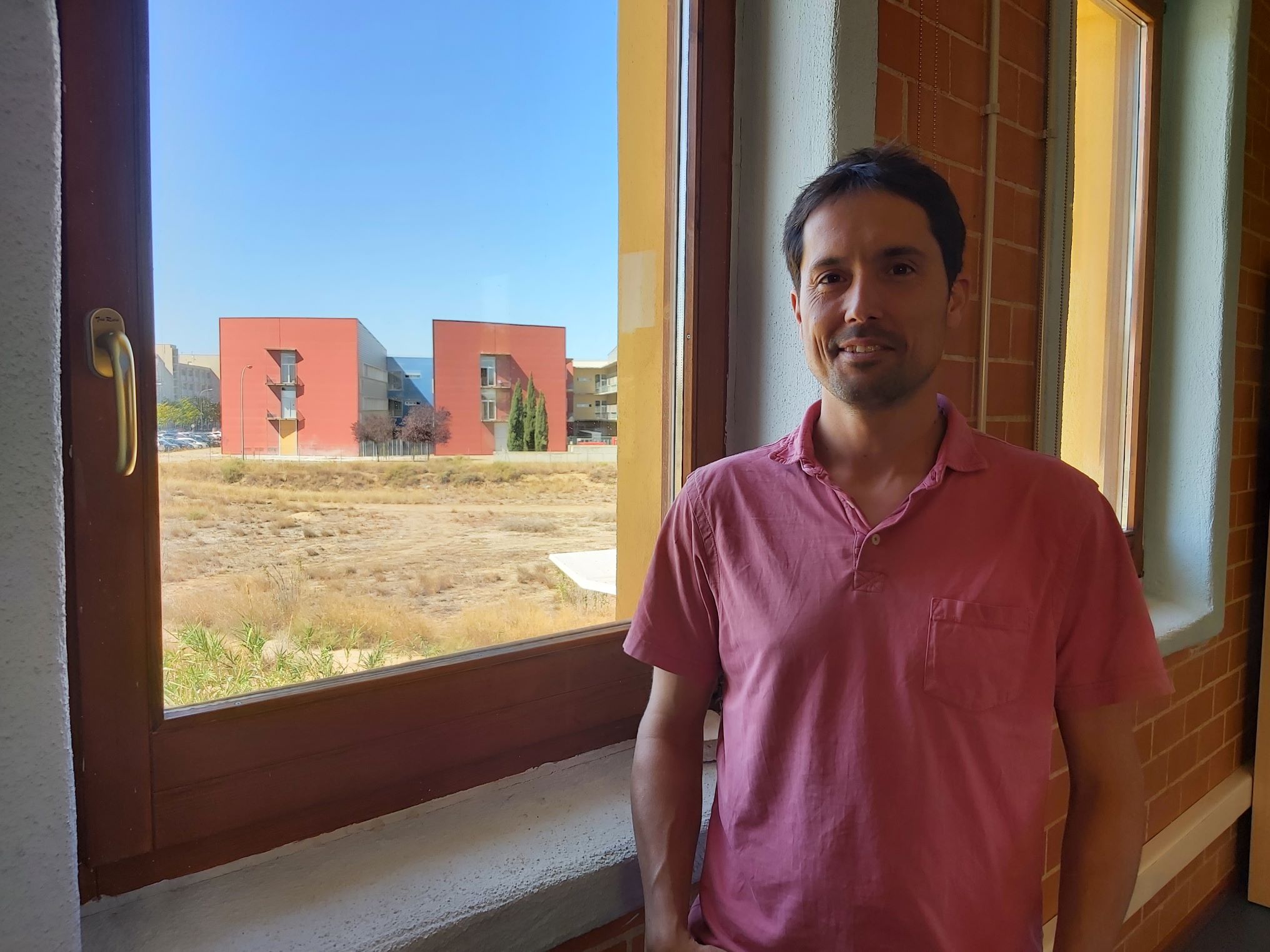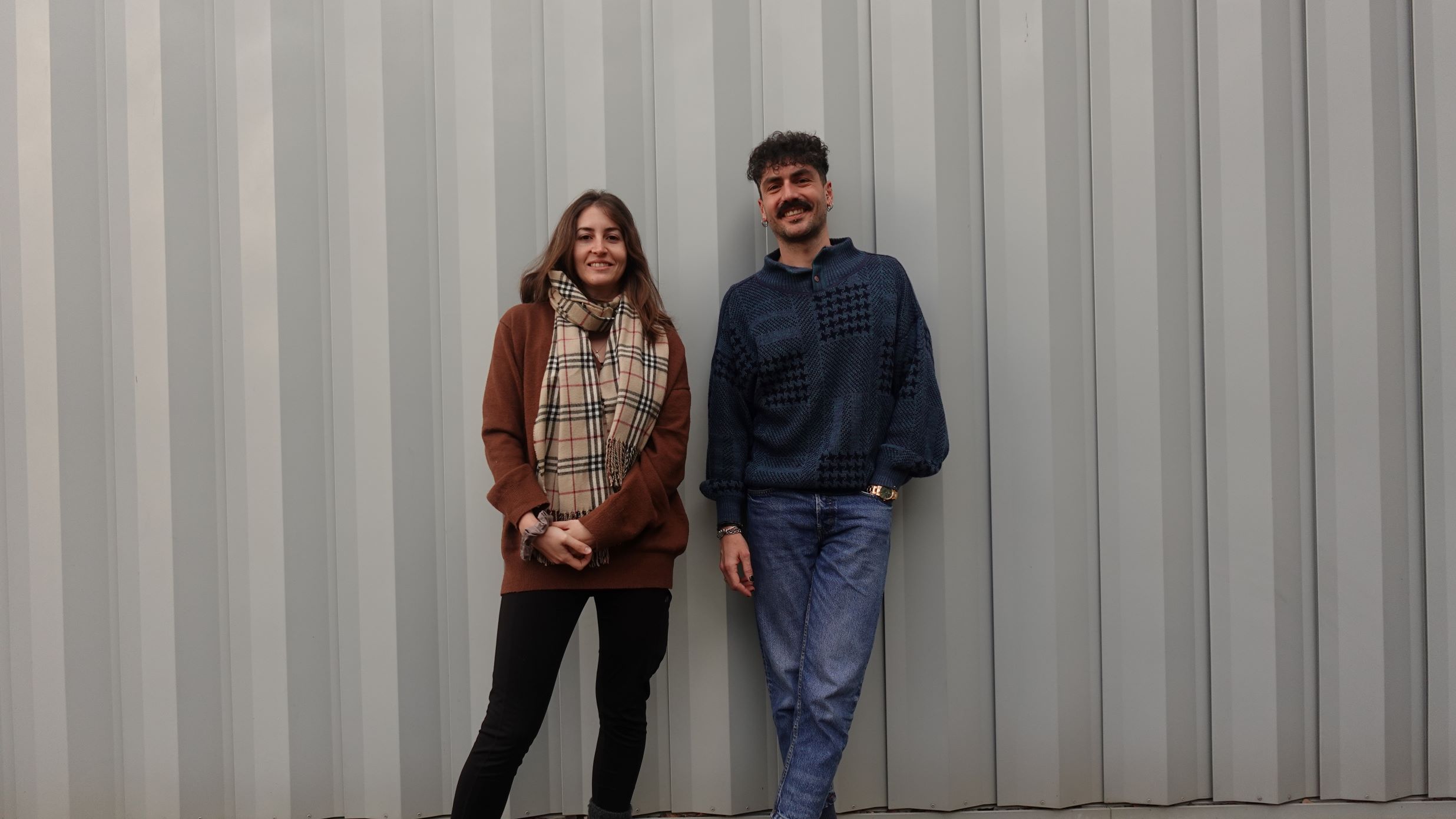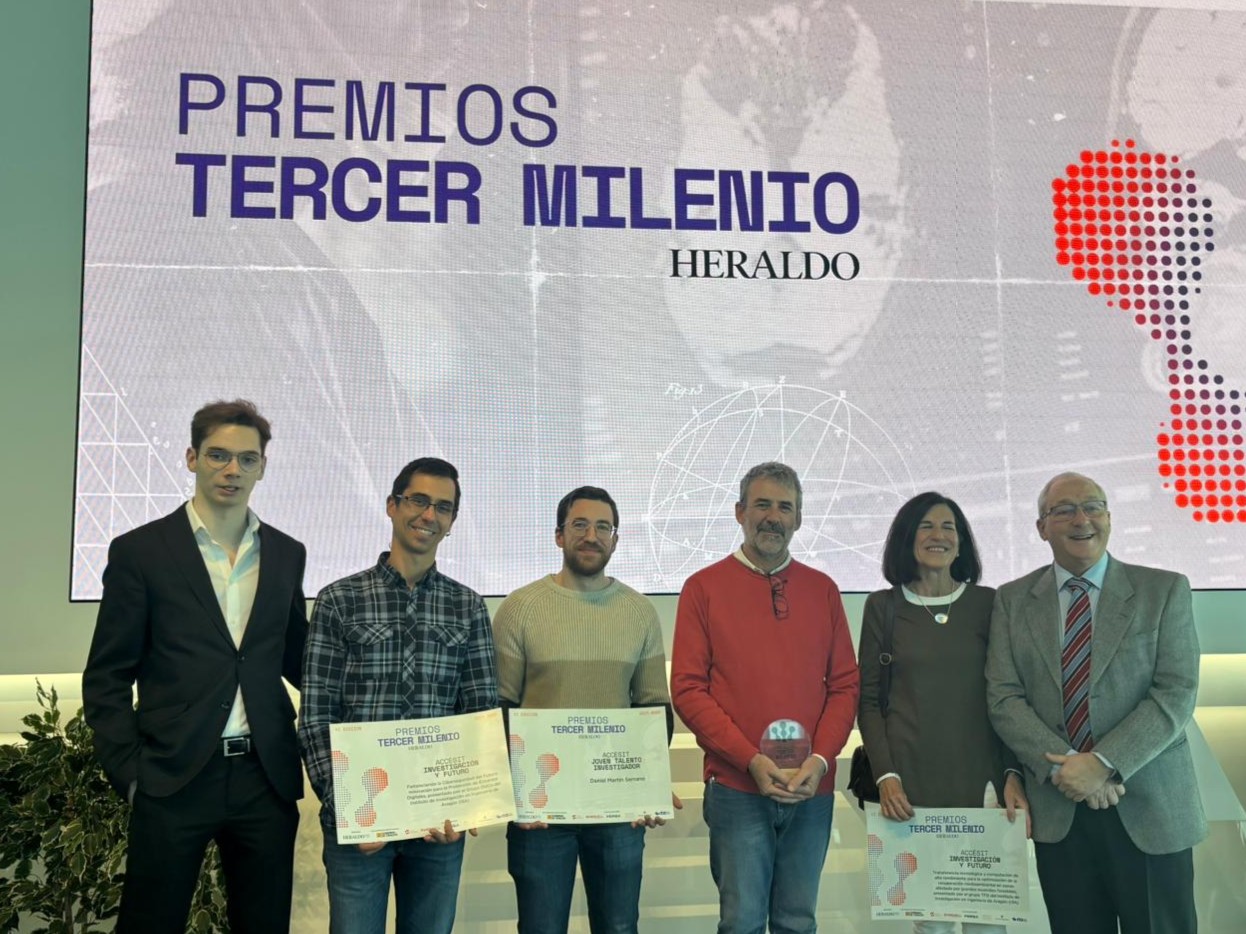
Jaime Ibáñez Pereda, researcher at the I3A Unizar (Aragon Institute for Engineering Research) joins today the Young Academy of Spain, which has just elected its 10 new full members. The selection process involved an independent international committee made up of highly prestigious research staff covering different areas of knowledge. A total of 123 applications were received. In addition to academic merit, other factors were taken into account, such as the diversity and multidisciplinary nature of their areas of work.
Jaime Ibáñez Pereda is a researcher in the BSICoS group (Biomedical Signal Interpretation and Computational Simulation). He studied Telecommunications Engineering at the University of Zaragoza and a master's degree in Telemedicine and Bioengineering at the Polytechnic University of Madrid. He holds a PhD in Computer Science and Systems Engineering. He did his PhD at the Centro de Automática y Robótica del CSIC. He did postdocs at the Cajal Institute of CSIC, at the Institute of Neurology of University College London (with a Marie-Sklodowska Curie fellowship) and at the Department of Bioengineering of Imperial College London.
He is developing his ECHOES research project with an ERC Starting Grant (European Research Council, ERC), which allows him to study the interaction between the brain and muscles to develop new ways of measuring and modifying brain activity in humans. This European Research Council grant has enabled him to set up a research laboratory in Neurosciences, Neuroengineering, Computational Neuroscience and Neurorehabilitation.
The average age of the ten new Academicians is 39 years and five women and five men have been selected. Their profiles cover different fields of knowledge including musicology, the social impact of AI, epidemiology, metabolic diseases, bioengineering, ecology or seismology.
Seven of the selected individuals are recipients of prestigious European Research Council grants, three are recipients of Marie Curie Sklodowska competitive actions, four are in Spanish excellence programmes, and have been able to secure other important funding, both public and private: Leonardo grants from the BBVA Foundation, La Caixa Foundation, Banco Santander Foundation or in foreign countries.
In total, the 10 new members of the Academia Joven de España have authored more than 800 articles and have developed 10 patents and 1 startup. In addition, they have received major awards such as the Ángeles Alvariño National Research Award, the Julián María Award, the Alan Turing Award and the Miguel Catalán Award.
About the Spanish Young Academy
The Spanish Young Academy was founded in 2019 by seven Spanish researchers who are members of the Global Young Academy. Currently, its president is Óscar Lucía Gil, researcher at the I3A's Power Electronics and Microelectronics Group (GEPM).
Its objectives include promoting science as a career option among young people by giving visibility to exceptional young people from any country and, in particular, from Spain, as role models; promoting scientific training; serving as a forum and platform for young researchers in our country so that they have the opportunity to collaborate and contribute to shaping policies for the promotion of knowledge; and enabling young researchers working abroad to form part of the Academy as a link between these researchers and our country.
The Academia Joven de España is notable for its multidisciplinary nature, with professionals from fields as diverse as computer science, engineering, cultural anthropology, palaeontology, pharmacy, veterinary medicine, biology, chemistry, psychology, physics, European politics and culture, tourism, art history, dance, neuroscience, ecology, environment, mathematics, artificial intelligence, sports science, food technology and philosophy.




